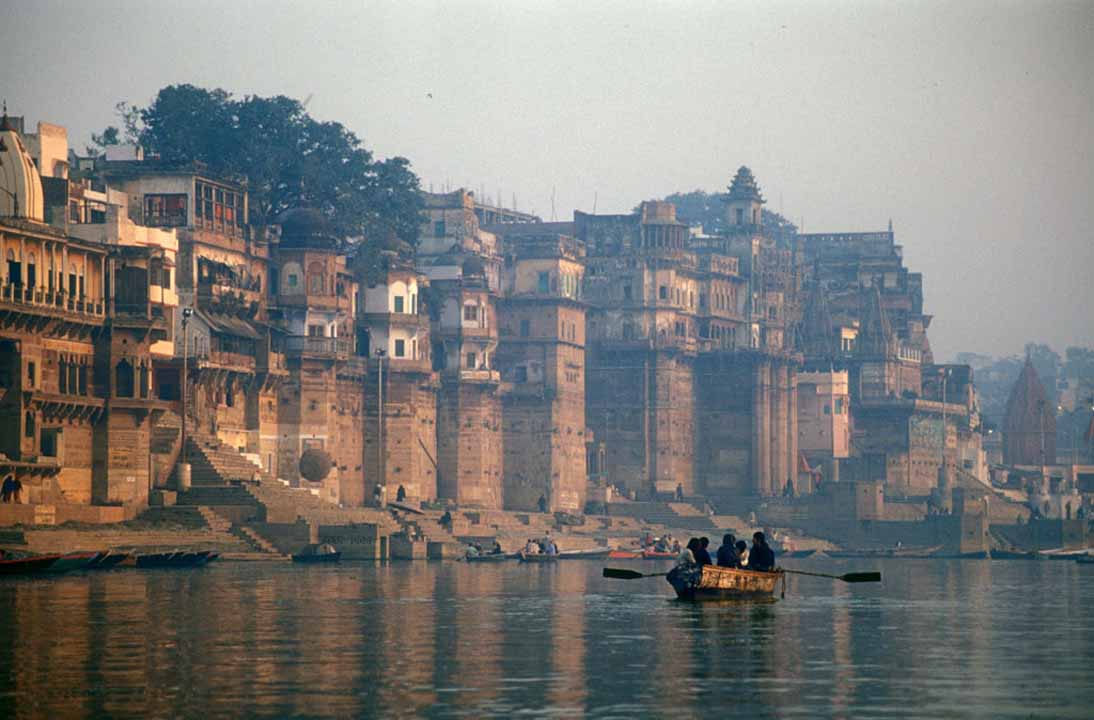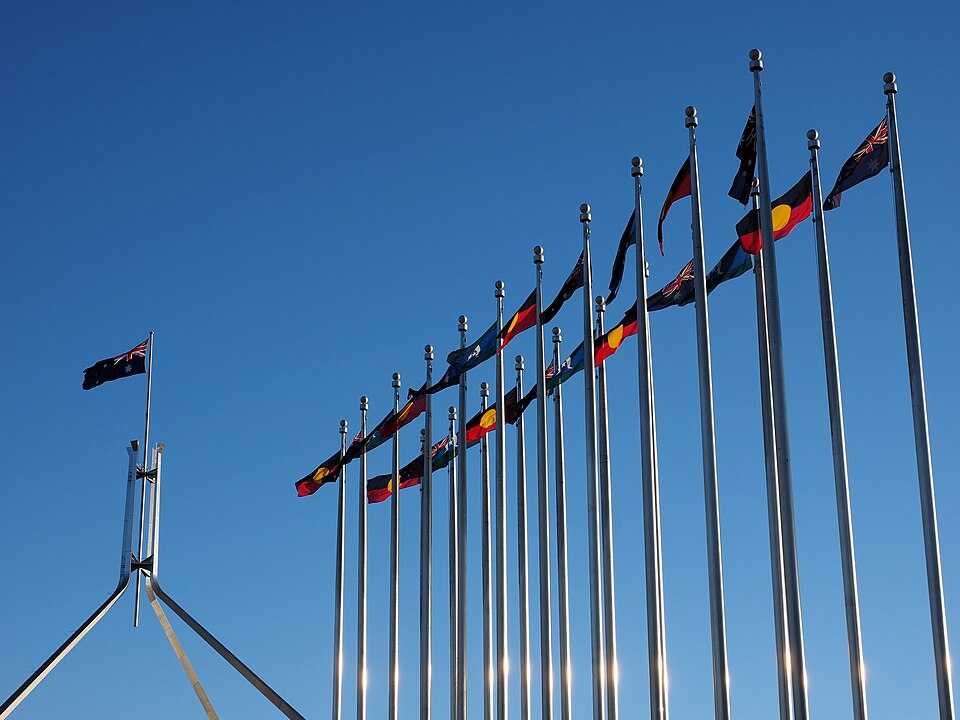As citizens flee from political repression and economic hardship, the hope for a brighter Zimbabwe diminishes. The ongoing brain drain threatens the very foundation of essential services and further entrenches the ruling party’s grip on power.
On 18 April 2025, Zimbabwe celebrated forty-five years of independence from British rule. Since 1980, the country’s political landscape has experienced ups and downs, characterised by a struggle between democratisation and authoritarianism. In this conflict of political values, authoritarianism appears to be gaining the upper hand. Although the average Zimbabwean today enjoys more constitutionally protected rights than during colonial rule, the government frequently challenges those rights. The Zimbabwean political economy remains in a state of crisis. While inflation is not as high as it was at the peak of the 2010s, a larger proportion of Zimbabweans live in poverty today. Though some citizens continue to protest and resist, many are opting to leave the country.
Most young people, particularly those born after 1999, known as Gen Z, have no memory of the once-thriving economy—they have only experienced a Zimbabwe where unemployment and poverty are rampant. They cannot envision a time when Zimbabwe was touted as the breadbasket of Africa. Today, the country’s once-vibrant industrial and commercial sectors are merely shadows of their former selves, with over 80 percent of national income concentrated in the informal sector.
The political environment is also in turmoil. Elections have consistently lacked fairness, and journalists and activists are regularly arrested. Opposition leader Job Sikhala was released in 2024 after nearly 600 days in prison. Journalist Blessed Mhlanga is among many who have been denied a fair trial and accused of inciting violence simply for granting an interview to an opponent of President Mnangagwa, Blessed Geza. Consequently, the ruling party, Zimbabwe African National Union – Patriotic Front (ZANU PF), continues to hold power, and the opposition is at its weakest since the formation of the Movement for Democratic Change (MDC) in 1999. It seems unlikely that Mnangagwa, who became president after Mugabe’s ouster in the 2017 coup, will step down at the end of his term in 2028.
Unprecedented reports of corruption have marred Mnangagwa’s term. Even the ZANU PF government has admitted that corruption, estimated at over US$2 billion annually, is hurting the economy. Mnangagwa is allied with individuals who are openly siphoning government resources. This has appeared to create a rift with his vice president, former General Constantino Chiwenga—the same general who managed the Mugabe coup.
Among those who claim to be close to the president is a dodgy businessman, Wicknell Chivayo, who made his fortune from government tenders and then sued the government over the same tenders. Mr Chivayo has been giving out luxury cars worth millions as rewards to artists, clergy, and citizens whom he sees as embodying the ZANU PF ideology. In recent months, another former ZANU PF-aligned war veteran, Blessed “Bombshell” Geza, has made public calls for Mnangagwa’s resignation, citing corruption. Mr Chivayo is among those named by Geza, but an inquiry into the claims is unlikely. Zimbabweans have been lukewarm in their response to Bombashell’s calls for protests or stayaways.
In response to the economic and political twin crises, Zimbabweans continue to leave in search of greener pastures elsewhere. The Zimbabwean exodus began in the early 2000s, with most seeking refuge in South Africa and the United Kingdom. Although Australia is not often included in Zimbabwe’s destination countries, it is popular. Australia has been a popular destination since the late 1970s, when White Zimbabweans, anticipating backlash from independence, left. The backlash did not come then, but by the early 2000s, white and black Zimbabweans were exiting in droves at the early signs of the economic downfall, which was accelerated by land reforms—an estimated four million (or a quarter of the population) lived abroad or a quarter of the population.
In my forthcoming book, Death, Diversion, and Departure: Voter Exit and the Persistence of Autocracy in Zimbabwe, I argue that the exit of millions has bolstered the survival of ZANU PF. Massive voter exit has created an alternative to protests. This pattern is similar to what we witness in contemporary American politics, as wealthy and educated democrats are fleeing Donald Trump’s second term. Zimbabweans continue to do the same. In response to Geza’s protests against Mnangagwa, many Zimbabweans argued that they were more interested in leaving the country. Access to a passport is considered an outstanding achievement, and many people go to great lengths to secure one of the world’s most expensive (and weakest) passports at $200 each. Those choosing to emigrate say they do not have hope that things will change soon.
Mass migration has resulted in extensive brain drain in all the major sectors, especially health care and education. In June 2024, the Minister of Home Affairs, Mr Kazambe Kazambe, announced that 35,938 Zimbabweans were granted work visas to the UK, many of whom were healthcare workers. Australia, incidentally, was the second top destination for Zimbabwean healthcare workers.
Zimbabwe’s healthcare sector is reeling because of poor staffing, and they have no incentive to remain in the country. The average doctor is paid less than US$300 a month. Those who move abroad make many thousands more than this. In addition to poor wages, healthcare professionals must contend with resource shortages. The hospitals are severely under-resourced to such an extreme that most patients do not get pain medication.
Despite their best efforts, not everyone can leave the country due to the high costs of migration and the negative global perception of immigrants. Most remaining individuals will continue to face severe economic conditions, further exacerbated by a failing education and healthcare system. The opposition has struggled to rally people against the government, leaving the future of Zimbabwean politics looking bleak.
Dr Chipo Dendere is a Zimbabwean-born American academic. She is an Assistant Professor of Political Science in the Africana Studies Department at Wellesley College. Dr Dendere received her doctorate in Political Science from Georgia State University in Atlanta, GA. Her research focuses on democratisation, elections, voting behaviour in Africa, and the impact of social media on politics. She regularly provides commentary on African politics for CNN, BBC, and AL Jazeera, and writes for the public audience on various platforms.
This article is published under a Creative Commons License and may be republished with attribution.



